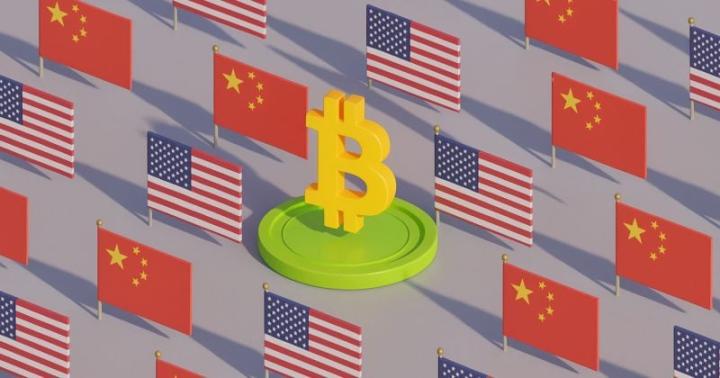US Treasury Secretary Scott Bessent confirmed on Sunday (October 26) that Washington and Beijing have reached a “very substantial framework agreement” that will prevent the US from imposing 100% tariffs on Chinese goods and allow for a delay in imposing export controls on China’s rare earths. This is XEM an important step forward in bilateral trade relations that Capital tense in recent times.
According to diplomatic sources, the agreement was formed after high-level negotiations in Kuala Lumpur (Malaysia) - taking place right before the expected meeting between President Donald Trump and Chinese President Xi Jinping next week.
Mr. Bessent Chia on NBC’s “Meet the Press” that the framework would pave the way for a more balanced trade period between the United States and China, including Beijing buying more American agricultural products such as soybeans, corn, and pork, while promoting cooperation in combating the fentanyl crisis, a synthetic drug that is causing tens of thousands of deaths each year in the United States.
“No, I don't think a 100% tariff will be imposed, and I also believe we will get a delay in China's control of rare earth exports,” Mr. Bessent said.
He stressed that the final terms of the deal would be decided by President Trump and President Xi at their upcoming meeting.
Tensions between the world’s two largest economies have risen in recent weeks after China expanded controls on exports of magnets and rare earth minerals – essential materials for high-tech and clean energy industries.
In response, President Trump – who was re-elected in late 2024 and is now serving his second term – warned that he could impose triple-digit tariffs on Chinese imports from November 1 if Beijing does not make concessions.
However, thanks to high-level contacts in Malaysia, the two sides seem to have found temporary common ground. Some analysts say this is a positive signal for the global economy, especially in the context of financial markets being pressured by rising energy prices and transportation costs.








